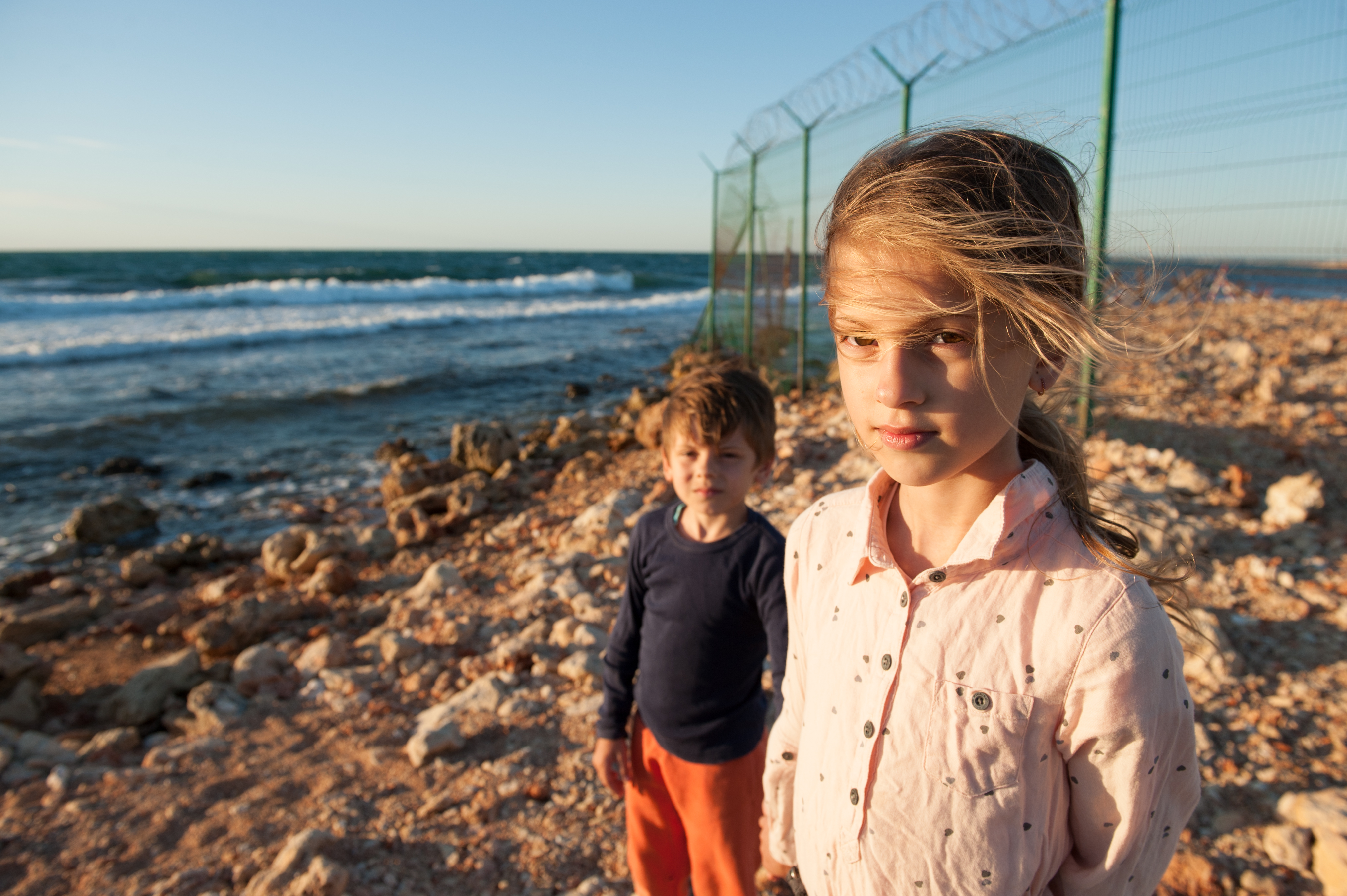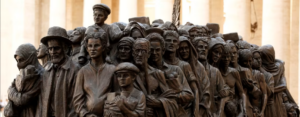
ON THE OCCASION OF THE WORLD DAY OF MIGRANTS AND REFUGEES, IT’S AS EASY AS 1, 2, 3.

Here’s what we have to know:
- Environmental refuges at our boarder is inevitable
- We have a duty of love
- We’ve also been part of the problem
Allow me to connect some dots between two documents to explain:
- The recently released report from the Intergovernmental Panel on Climate Change (IPCC) which is the United Nations’ body for assessing the science related to climate change, and
- Pope Francis’ message for the 107th World Day of Migrants and Refugees 2021, “Towards an Ever Wider ‘We’.”
The IPCC report, the sixth of its kind in the past three decades, paints an even gloomier picture than its predecessors:
- “Global surface temperature will continue to increase,” which means,
- Our planet will experience “the frequency and intensity of hot extremes, marine
heatwaves, and heavy precipitation, agricultural and ecological droughts in some regions, and proportion of intense tropical cyclone;” - Furthermore, “Continued global warming is projected to further intensify the global water cycle, including its variability, global monsoon precipitation and the severity of wet and dry events.
All this means that humans in regions in the global South will assuredly and increasingly – as the years progress – experience increased and severe drought, floods and catastrophic weather events, all of which will very likely destroy their livelihoods for good.
That also means that these environmental refugees will seek refuge in countries like Canada.
All this will happen; the science is incontrovertible.
Pope Francis’ makes it clear what our response in all this should be: we should “think no longer in terms of ‘them’ and ‘those’, but only ‘us’.” He makes an appeal “to journey together towards an ever wider ‘we’ to all men and women, for the sake of renewing the human family, building together a future of justice and peace, and ensuring that no one is left behind.”
What Pope Francis does not say, but I will, is that we in Canada, with our addiction to carbon-based energy, have been part of the problem with one of the highest per-capital GHG emissions. We’ve prospered at the expense of others.
In the end, Pope Francis lays out our role clearly: “[W]e must become a ‘we’ that is ever wider and more co-responsible, in the profound conviction that whatever good is done in our world is done for present and future generations… A commitment that makes no distinction between natives and foreigners, between residents and guests, since it is a matter of a treasure we hold in common, from whose care and benefits no one should be excluded.”
So, in a sense, our response is as easy as 1, 2, 3!
Simon Appolloni is Associate Publishing Director at Novalis. He has a PhD in religion and environmental studies and a Master of Divinity. Simon finds meaning through music, sharing in community, and the pursuit of a just and sustainable world.


